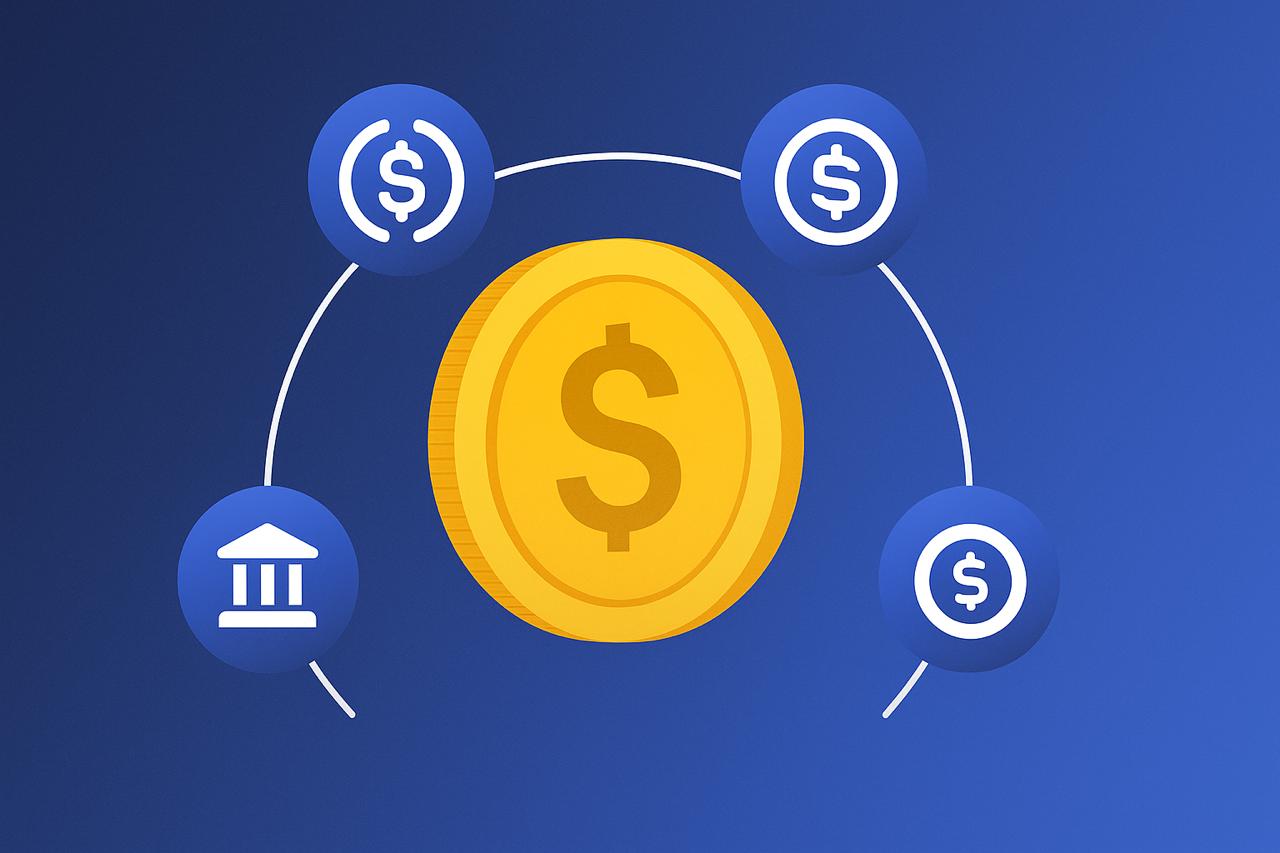Hyperliquid Leads $1.4 Billion Wave of Token Buybacks in 2025
According to recent data, total buyback activity surpassed $1.4 billion this year – and nearly half of that came from a single name: Hyperliquid.
The derivatives platform Hyperliquid (HYPE) easily led the market, allocating $644.6 million to repurchase 21.36 million tokens – around 2.1% of its total supply. Funded through its Assistance Fund, Hyperliquid’s buybacks averaged $65.5 million per month, peaking in August at $110.6 million.
LayerZero and Pump.fun Follow
LayerZero (ZRO) took second place after a one-time $150 million buyback in September. The initiative allowed the team to purchase 5% of the token’s total supply from early investors at an average price of $3.
Pump.fun (PUMP) ranked third, spending $138.2 million to buy back roughly 3% of its circulating tokens since launching the program in July. With monthly spending averaging $40 million, part of the buyback balance has since gone underwater following October’s market correction.
READ MORE:

Are Stablecoins Just Corporate Versions of CBDCs?
Solana’s Raydium Among the Top Four
Solana-based DEX Raydium (RAY) came in fourth with a total of $100.4 million in buyback and burn spending. Raydium’s automated repurchase mechanism, active since 2022, continues to serve as a model for other decentralized exchanges exploring supply reduction strategies.
Rising Use of Buybacks to Support Token Value
Beyond the top performers, several projects also joined the 2025 buyback rush, including SKY ($78.8M), JUP ($57.9M), ENA ($40.7M), RLB ($27.9M), BONK ($27.3M), and AAVE ($23.6M).
Analysts say token repurchases have become a popular tool for addressing concerns over high fully diluted valuations and thin market floats. As the total buyback figure climbs past $1.4 billion, the strategy appears to be evolving from an occasional marketing move into a standard mechanism for returning value to holders.
The information provided in this article is for educational purposes only and does not constitute financial, investment, or trading advice. Coindoo.com does not endorse or recommend any specific investment strategy or cryptocurrency. Always conduct your own research and consult with a licensed financial advisor before making any investment decisions.
The post Hyperliquid Leads $1.4 Billion Wave of Token Buybacks in 2025 appeared first on Coindoo.
You May Also Like

Shibarium May No Longer Turbocharge Shiba Inu Price Rally, Here’s Reason

House Judiciary Rejects Vote To Subpoena Banks CEOs For Epstein Case

